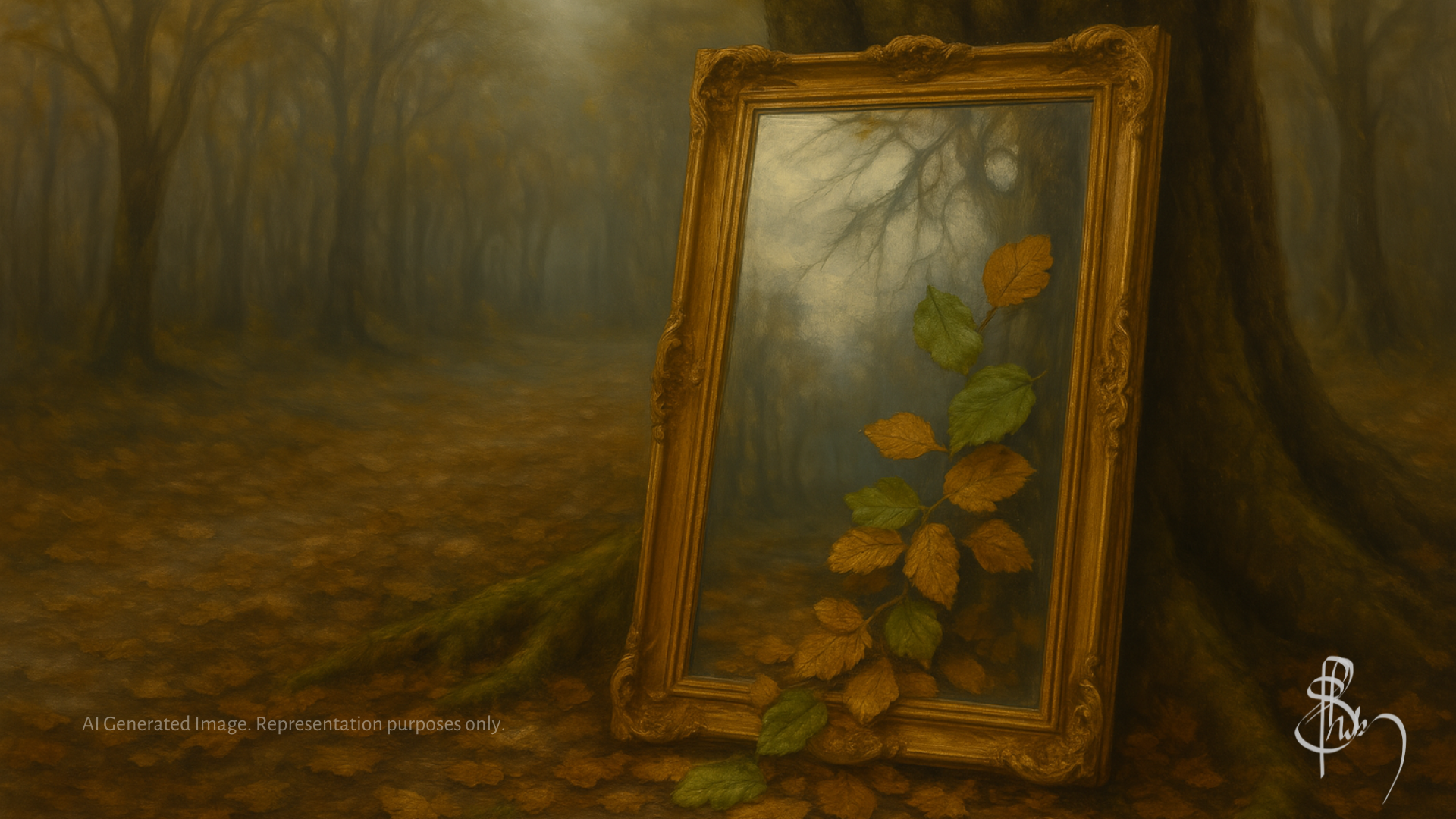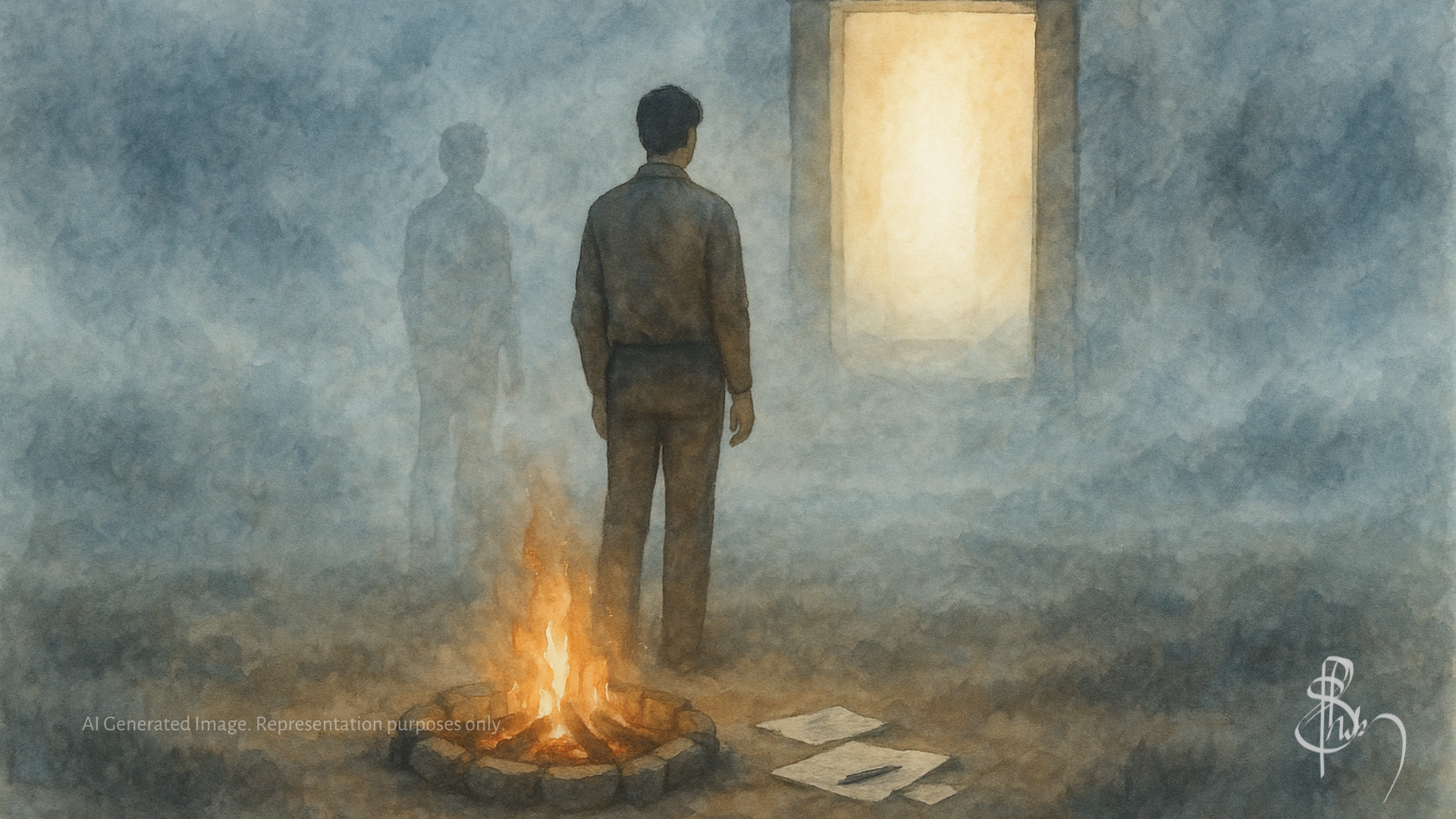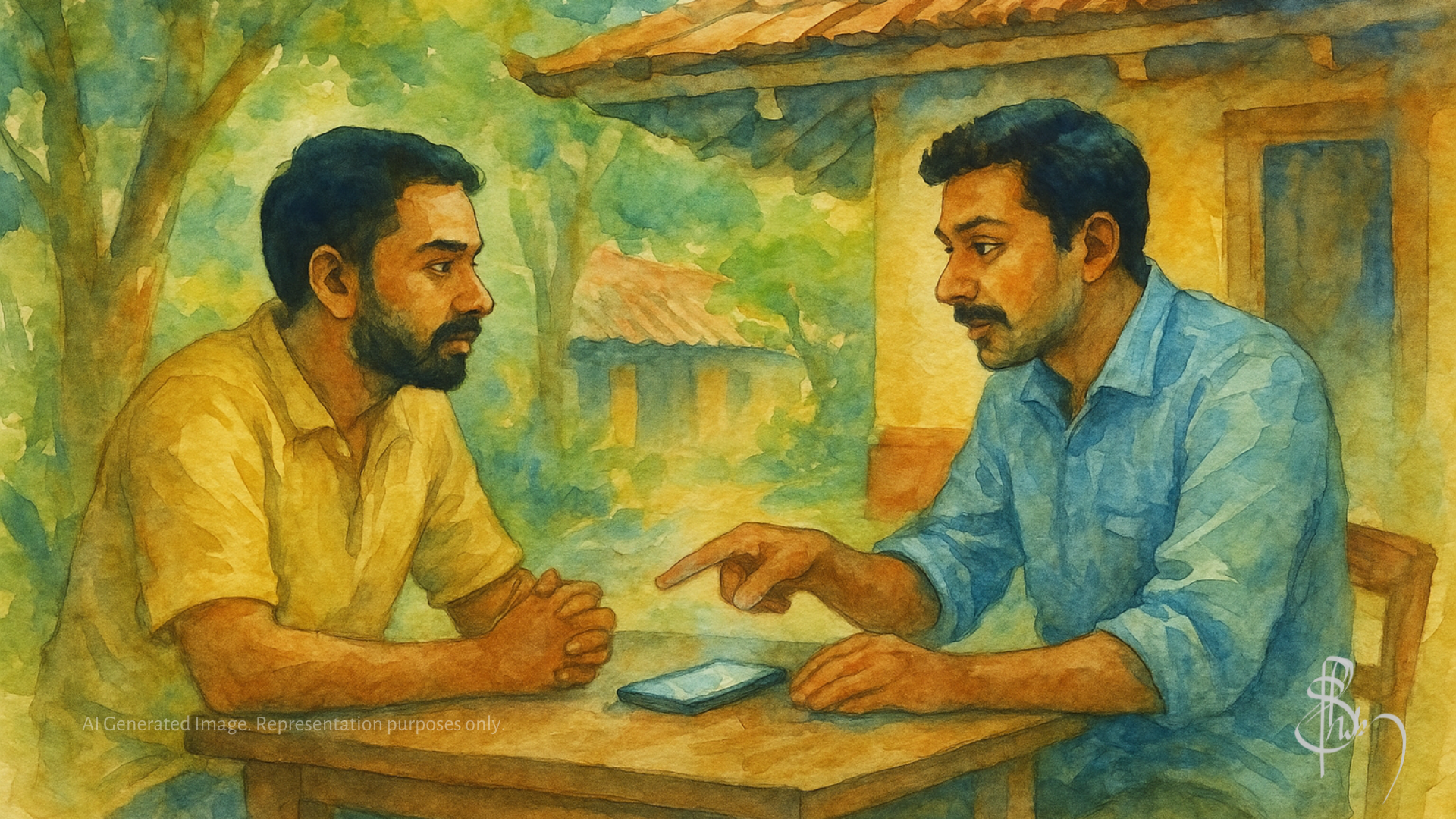Last day, a friend of mine sent me an Instagram reel. It had Miriam Margolyes, an actress who played Professor Sprout in the Harry Potter film series. She said, “I worry about Harry Potter fans because they should be over that by now”. To me, it sounded like she was saying you should grow up. I sent it to a hardcore Harry Potter fan friend of mine. She did not agree to it.
The reel I sent was actually funny. It ended with a Harry Potter fan, Jordan Conley, blasting the actress off with one of the three Unforgivable Curses. I liked how he was like, “F* you lady. I am still a Harry Potter fan”. And told so in the most Harry Potter way possible.
That joke part was why I sent it to a Harry Potter fan. But my friend said, “Harry Potter is in its essence a story of friendship and bravery – that can stay forever. Whatever age we become”. This had me thinking. She asked, “As a writer or director what are your thoughts on people “believing” and living in the stories you write?”
I had not thought that deeply about it. It was just a funny reel I came across on Instagram. But that was actually a good question. I started thinking through what I had say by writing out a reply to her. I realised I did have something to say about it. So, I thought to write it as a blog.
Why Humans Told Stories Even Before They Could Speak
Stories have existed as long as humans have. Even before we could talk, humans told stories with cave paintings and scribblings. To tell stories and to listen to stories is a very innate human desire. And there is a reason for that.
Stories help people survive and dream. Humans learn primarily by mimicking other humans. You can see this in the child who is pretending to be on a phone call like she sees her parents do. It is easier to understand this if you look back in time before all the technology we have today existed. When people sat around a fire in the dusk and told stories. They might have told stories about their hunts, their exploits, how they used a stone to distract a tiger and how they triumphantly caught it.
Inside those stories, are actually nuggets of information that a child listening can use when he is old enough to hunt. For him, distracting the tiger becomes a tool to help him survive and catching a tiger becomes a dream to chase. He can then build on top of it and come up with another idea. And then he can pass that on to the next generation.
How Are Stories Related to Stages of Life
The equivalent of surviving a hunt in today’s world would be finding a job that pays well. The fundamental element in both is the same, making a living.
And that particular story is relevant more so for people in a particular age group. A retired man would not be that interested. Someone in school too would not be that interested. They might be more interested in stories about friendship and finding a lover.
This is because, as I said before, one of the functions of a story is to help us survive. But what we need to survive varies within our lifetime.
Storytelling Across Life Stages
When in school, we are biologically and psychologically at a stage of development where we need to learn to make friends. This is because learning to work together is what helped us survive all these millions of years. During those times, watching movies on friendships, how to build them, how to maintain them, what betraying your friend feels like, and all of these are valuable lessons to learn.
After that stage of human development, another major challenge that everyone faces is finding a partner. That is where the genre of romance and romcom come in. That is why the primary audience for movies in the romcom and romance genre are teenagers, and up till maybe thirties.
I do not mean to say people older than 30 will never go to watch a rom-com. My own parents, in their 60s, still go to theatres to watch all the movies. However, the target audience for romance is people who are at that stage of life who want to find a mate.
Then comes parenthood. How to bring up a child, what to do, what not to do. Then the moving out of the grown-up child, midlife crisis and what to do now that you no longer have a child to take care of. Then retirement and what to do now that you no longer serve any purpose to anyone and so on.
Why Some Stories Survive 3,000 Years and Some Don’t
What I am getting at is that humans face different challenges at different stages of life. We learn how to face those challenges by looking to other humans who have survived those challenges. These could be humans we see around us and those we see in films and read in books. That gives us the framework on what to mimic, what not to mimic and how to get through this challenge we are facing at this stage in life.
As we grow, the challenges we face change. We need different stories to face those challenges. The strength of epics like Mahabharatham and Ramayamam lies in their ability to incorporate all stages of struggle that humans go through, from adolescence to death and beyond. That is the reason why those stories have survived for at least 3,000 years of known history.
Whereas if you take a story like Harry Potter, it does not encompass all of those struggles. It is primarily written for people currently facing the challenges of building friendships and surviving. The struggle is not getting a job, finding a partner, dealing with one’s own sexuality, handling ageing parents, raising a kid, retirement, or loss of a sense of purpose and so on.
What I Think The Lady Is Saying
So I think what that lady is trying to say is that, yes, Harry Potter served a purpose to people who were teenagers 20 years ago. And it will still serve a purpose to people currently in their teenage years.
Memories of how Harry Potter helped you as a teenager survive those years, how it helped you form relationships, a community, a sense of identity, and all of that is valid. No amount of growing up is going to take that away. And you will probably still enjoy rereading or rewatching Harry Potter 20 years from now.
So, no, I do not worry about Harry Potter fans. I am happy that people get to live in the worlds built by a fellow author. I am happy people get to learn from the struggles of the characters in those worlds. All I hope is to slightly nudge you in another direction. Perhaps there might be other stories that might be more relevant to the struggles you currently face. Perhaps not. That is for you to decide.






